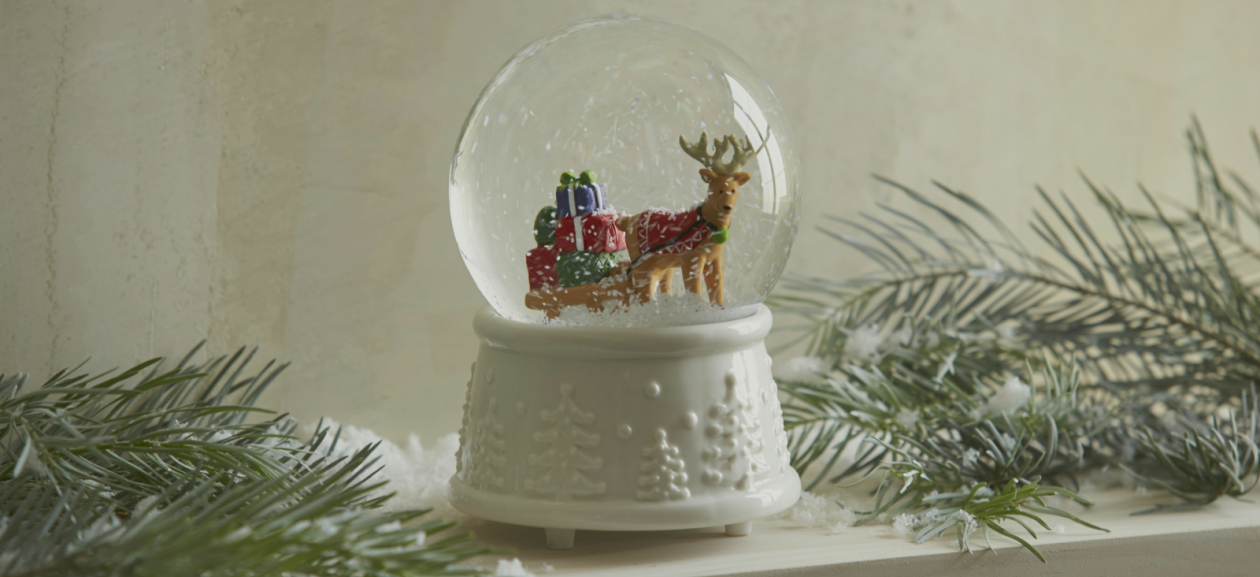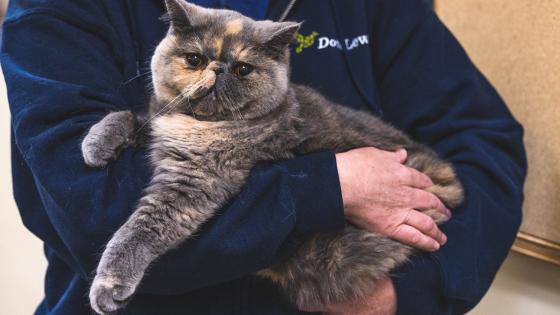
Winter Safety: Protect Your Pets from Ethylene Glycol Toxicity
As winter brings cozy vibes to our homes, it's important to stay mindful of hidden dangers that can put our pets at risk. Here’s a surprising fact: Snow globes, a holiday favorite, may contain ethylene glycol (EG)—the same toxic substance found in antifreeze. While EG prevents the contents from freezing, it’s highly toxic to pets.
Pets are often drawn to the sweet taste of ethylene glycol, and even a small amount can lead to severe health issues. If your pet licks up any spilled liquid from a snow globe or has access to antifreeze, it can cause kidney damage, kidney failure, or even be fatal without immediate treatment.
Recently, we treated a cat at DoveLewis who knocked over a snow globe, licked its paws clean, and ingested ethylene glycol. This incident underscores just how dangerous this liquid can be and why it’s important to keep snow globes, antifreeze, and any products containing EG well out of reach.
Ethylene Glycol Toxicity: What You Need to Know
What is Ethylene Glycol?
Ethylene glycol is a sweet-tasting, odorless liquid commonly found in antifreeze, windshield de-icers, motor oils, paints, and other household products. It’s rapidly absorbed into the bloodstream and broken down in the body into harmful chemicals that damage organs.
Signs of Ethylene Glycol Poisoning
Symptoms of ethylene glycol toxicity can include vomiting, lethargy, difficulty breathing, excessive thirst, uncoordinated movements, and seizures. If your pet is exhibiting any of these signs after exposure, it’s important to seek veterinary care immediately.
What to Do if You Suspect Poisoning
Even a small amount of ethylene glycol can cause severe kidney damage, so time is critical. If left untreated, it can lead to kidney failure within 24–72 hours. If you suspect your pet has ingested ethylene glycol, seek veterinary care immediately. Early treatment—including intravenous fluids, medications to block EG metabolism, and supportive care—greatly improves the chances of a full recovery. The sooner treatment begins, the better the outcome.
Key Points to Remember:
- Ethylene glycol is found in many household products, especially during the winter months.
- Even small amounts can be toxic to pets.
- Fast action can save your pet’s life. If you think your pet may have ingested ethylene glycol, seek veterinary care immediately.
- Snow globes and antifreeze can be culprits during the holiday season, so make sure these items are kept out of your pet’s reach.
Stay vigilant this winter to keep your pet safe from potential hazards. If you ever suspect poisoning or have concerns, don't hesitate to seek immediate veterinary care. DoveLewis is here for you and your pet, 24/7, 365 days a year.




